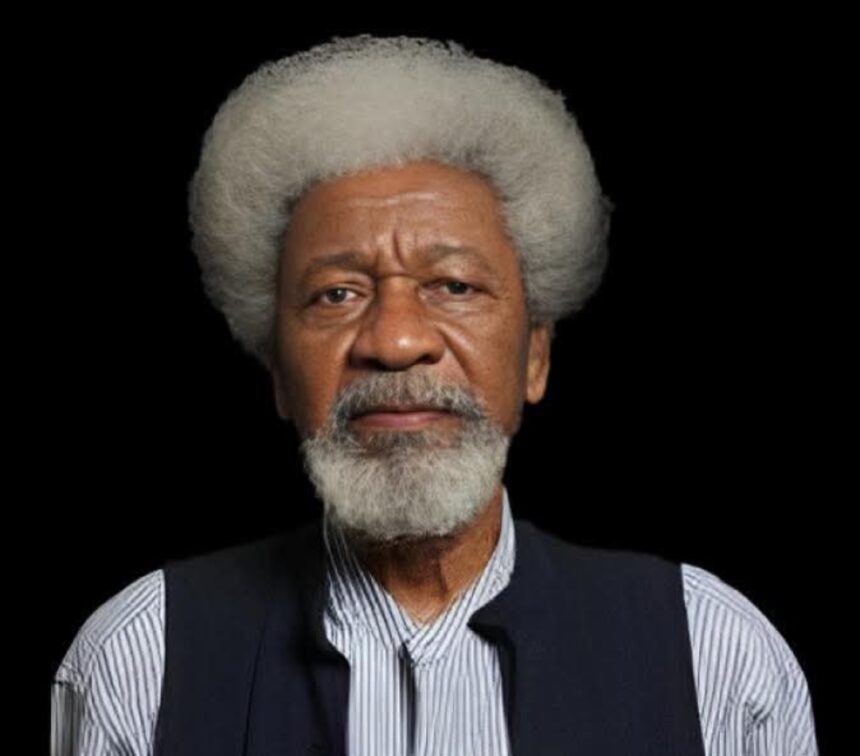Nobel Laureate Prof Wole Soyinka has revealed that the United States government has revoked his visa, effectively barring him from entering the country.
Soyinka made the disclosure on Tuesday during a media parley at Kongi’s Harvest Gallery, Freedom Park, Lagos Island, where he expressed surprise and confusion over the development.
“I have no visa; I am banned, obviously, from the United States. And if you want to see me, you know where to find me,” the renowned playwright told journalists.
According to him, the U.S. Consulate in Lagos formally notified him of the revocation in a letter dated October 23, 2025, signed by the Non-Immigrant Visa (NIV) Section. The document stated that the visa had been withdrawn under U.S. Department of State regulations, without citing any specific reason.
“It is necessary for me to hold this conference so that people in the United States who are expecting me for this event or that event do not waste their time,” Soyinka explained.
He stressed that he was unaware of any wrongdoing that could have led to the action.
“I’ve started looking back—have I ever misbehaved toward the United States of America? Do I have a history? Have I been convicted? Have I gone against the law anywhere?” he asked rhetorically.
The 89-year-old writer said the incident left him puzzled, noting that he has maintained cordial relations with successive U.S. ambassadors and cultural attachés.
In September 2025, Soyinka disclosed that he had declined an invitation from the U.S. Consulate to attend a visa re-interview scheduled for September 11, describing the notice as unusual and initially suspecting it was a scam.
“At first, I thought the letter was fake or some advance-fee fraud attempt. Only later did I realize it was genuine,” he said.
Soyinka’s visa, classified as B1/B2, permits temporary travel to the U.S. for business or tourism. The motive behind its revocation remains unclear, though it comes amid broader U.S. immigration restrictions affecting travelers from several countries.
The Nobel Laureate emphasized that the matter, while surprising, was “not a personal issue,” but he vowed to seek clarity on why the U.S. government took the decision.

